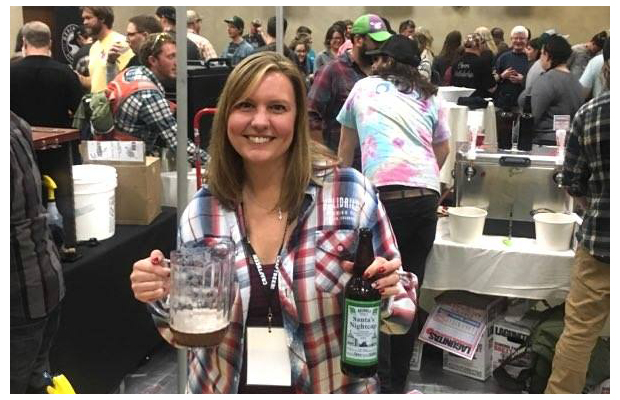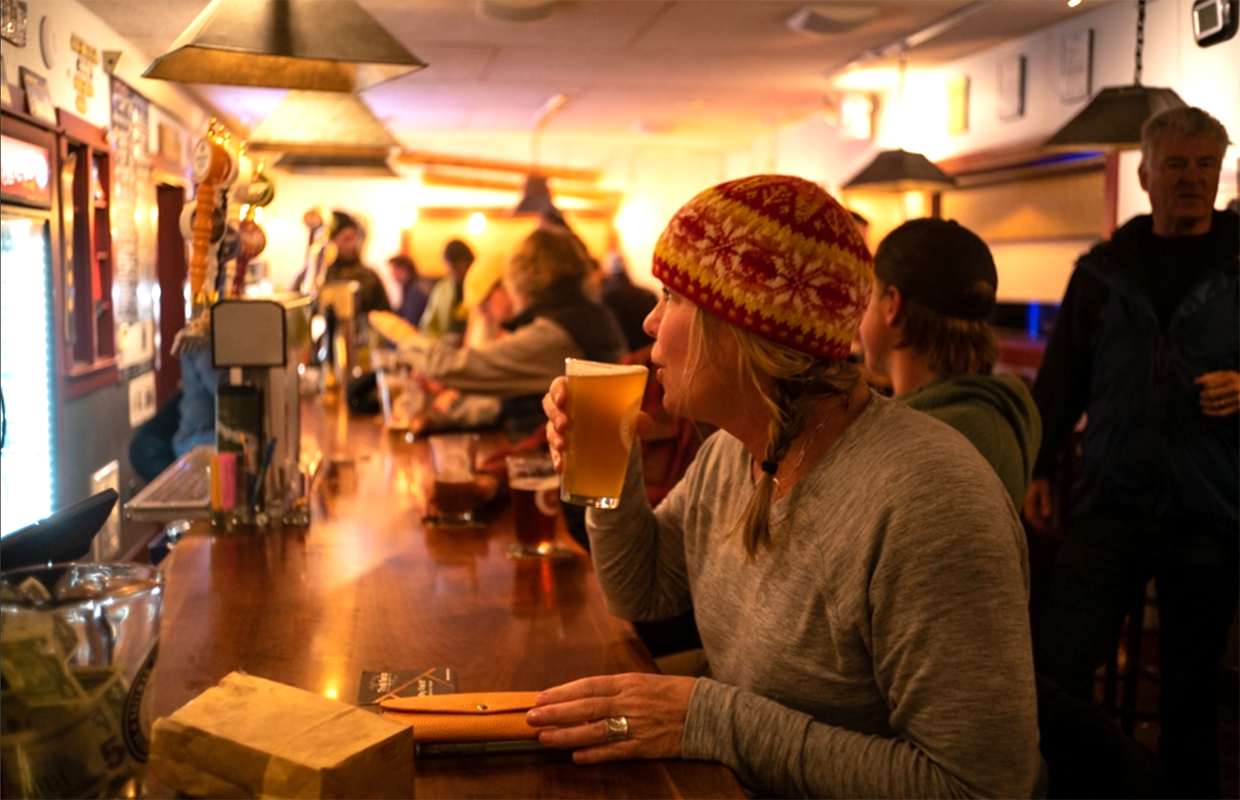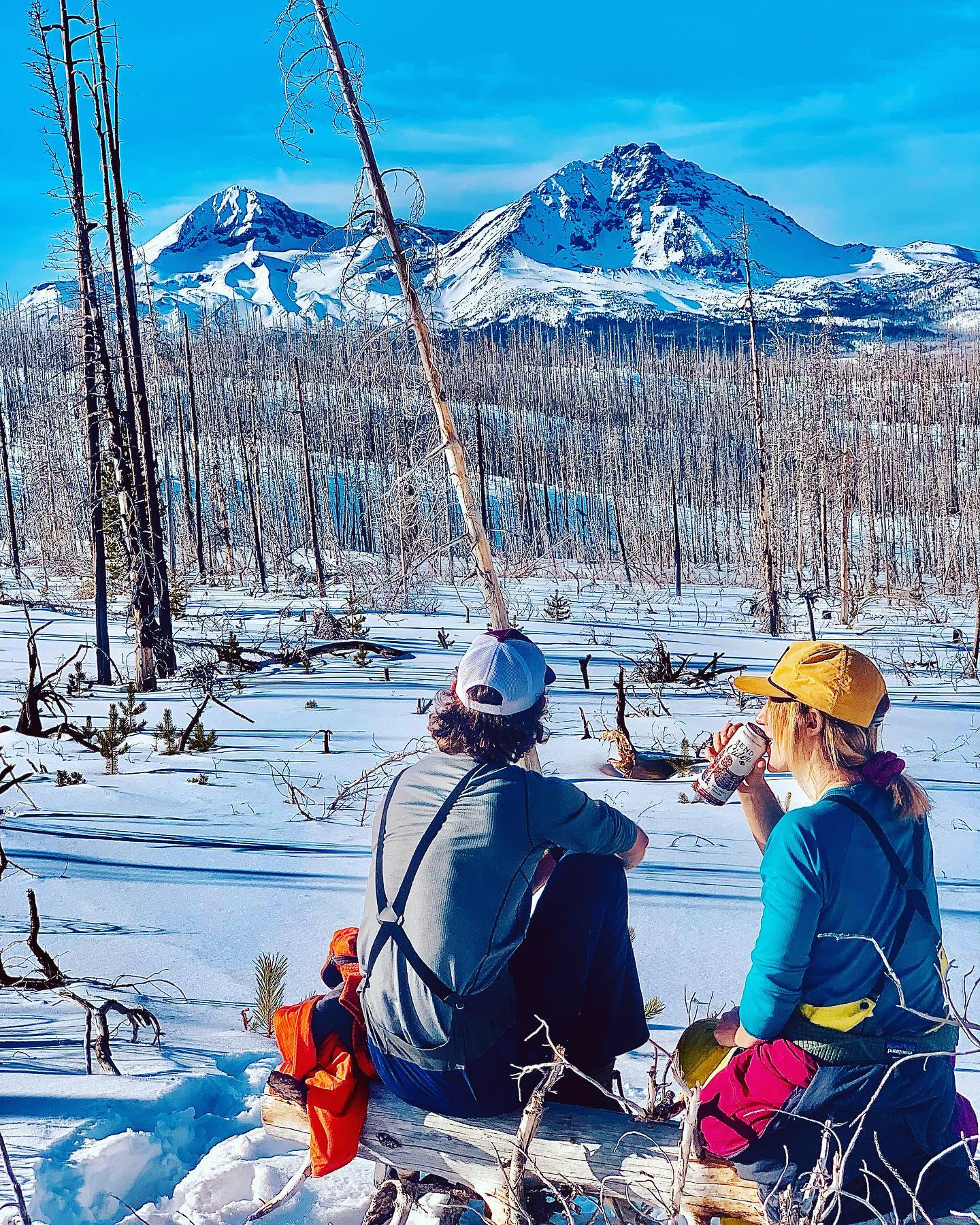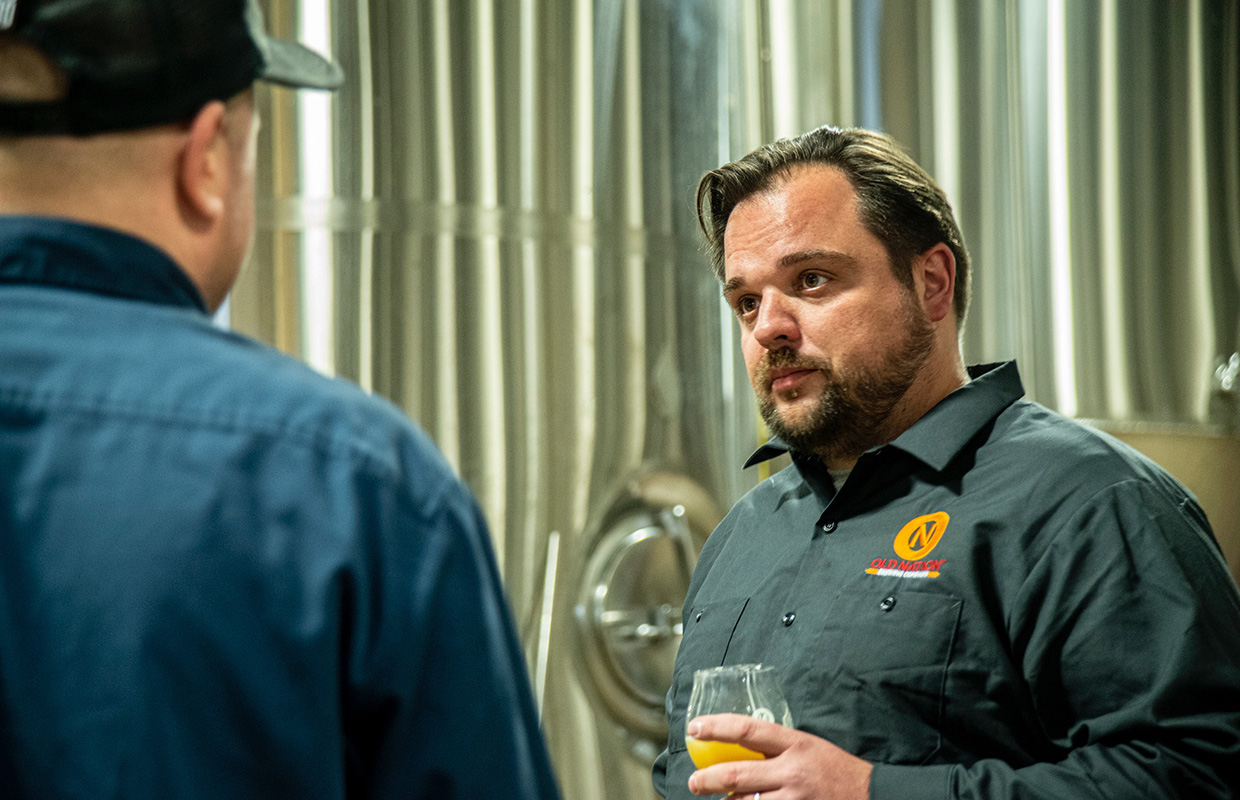
In place of what would have been the in-person Craft Brewers Conference (scheduled for April 19-23) — Brewer has had a chance to talk with some presenters from this year’s event and they shared a bit of what they had planned to speak on. The CBC is doing an online event with free seminars through May 31.
Being out at a beer festival can be fun and rewarding because you are making connections with consumers over your beer, but making sure it’s a financially sound investment can sometimes be a challenge.
Ryan Evans, the co-owner of Bruz Beers, and Kaitlyn Gipple, the Communications Manager of Holidaily Brewing both use a card system. Evans said whoever is a representative at the festival will hand out cards there that offer a consumer a free beer in the brewery’s Denver tasting rooms.
“We track those cards as they come back in so we can gauge the success of every festival,” he said. “We work hard to tangibly, put some numbers behind it, and say, ‘What did we put out there? How much did it cost, but then afterward, what did we get out of it? And that’s an easy way for us to track direct sales.”
Gipple said that Holidaily — based in Golden, Colorado — adopted a similar strategy after seeing how Bruz worked the card system.
“We do a different color for the Great American Beer Festival, specifically so we can see since that’s just such a huge cost for us that we want to make sure that we are getting some traffic back into the taproom,” she explained. “We have different colors for different festivals. And then for the local ones, we do all the same color. We just write on the back of it, what the festival was.”
Evans added that if a card slipped through without a name of a fest on it for some reason, all of the bartenders know to ask what event the consumer got the card from so they can write it down before it’s put in the cash drawer.
“Then we track them all on a spreadsheet,” he said. “It’s good because a lot of these festivals are annual events. So we can literally sit down and say, ‘Look, we went to Westie Fest and it brought in X-number of people over the year. We think that’s valuable. Yes, we’ll go ahead and do it again.’
“Because festivals will hit you up again every year once you’ve been in one, they want to get you there every year and they want to kind of keep that going. So you’ve got to start to make decisions on if that’s worth your efforts; if it’s a good fit; and if it’s pulling numbers. We can easily go back to that spreadsheet, reference it, and be like, ‘No, we turned that one down last year. And here are the reasons why we’re going to turn that down again this year.’ ”
Holidaily also has a form that asks staff that worked the festival to fill out after. Some of the questions include new relationships developed with potential accounts or any placement. Another is how well organized the festival was, was it fun and were there any gluten-free consumers there that were excited about the fest and Holidaily being there.
“It’s just different ways that we can gauge whether it was a success for us and whether we want to do it again next year,” Gipple said.
READ MORE: How to determine expectations for a beer festival
Photo courtesy Holidaily Brewing




Be the first to comment